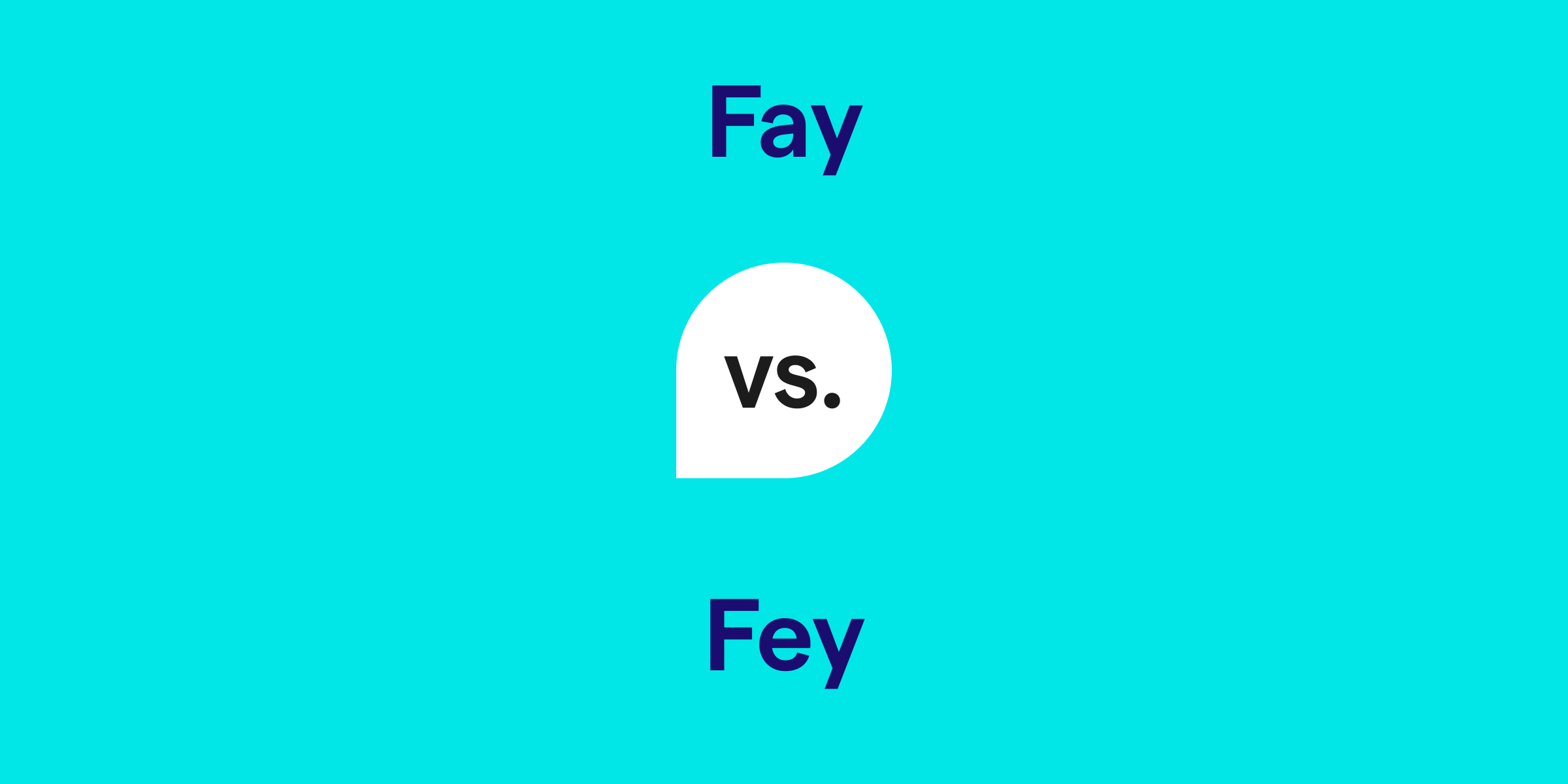Fay vs. Fey: What's the Difference?
Understanding the distinction between fay and fey is essential for precise language use. Fay is an archaic term that refers to a fairy or a magical creature, typically from the realms of folklore and mythology. On the other hand, fey means otherworldly, enchanted, or able to see into the future. Notably, fey also conveys an impending sense of doom or death for someone with the supernatural foresight.

How do you use the word fay in a sentence?
The word fay is typically used when referring to a mythical being or a character from ancient folklore. Given its archaic nature, it often lends a sense of antiquity and enchantment when used in poetry or classical literature. Because of its specific reference to folklore, fay is less frequently used in contemporary contexts.
Examples of fay in a sentence
- He claimed to have seen a fay dancing in the meadow under the full moon.
- In the ancient text, the knight set out on a quest to find the elusive fay of the Enchanted Forest.
- The old tales spoke of a fay that could grant your heart's deepest desire if you followed its riddles.
How do you use the word fey in a sentence?
The word fey can be used to describe someone or something that gives off an impression of otherworldly, almost magical qualities, or someone marked by a morbid sense of the imminent end. Writers often employ it to evoke a mood of mystery and to foreshadow significant events, especially in fiction or poetic writing.
Examples of fey in a sentence
- There was a fey quality to the stranger's smile that made me think he knew more than he let on.
- Before the battle, the soldier had a fey look about him, as if he predicted the outcome.
- The atmosphere in the ancient grove felt fey, charged with an energy that suggested the presence of otherworldly beings.
Fay and fey definition, parts of speech, and pronunciation
Fay definition:
A fay is a noun that means a fairy or other magical being from folklore and mythology.
Fay parts of speech:
Fay pronunciation:
Fay is pronounced as /feɪ/.
Fey definition:
Fey, used as an adjective, describes someone or something having a supernatural, fairy-like, or otherworldly quality. It also defines a strange, exaggerated sense of refinement or an eerie foresight, often pertaining to death or disaster.
Fey parts of speech:
Fey pronunciation:
Fey is pronounced as /feɪ/, the same as fay.
A fay is a noun that means a fairy or other magical being from folklore and mythology.
Fay parts of speech:
- Noun: The children believed the garden was home to a kind-hearted fay.
Fay pronunciation:
Fay is pronounced as /feɪ/.
Fey definition:
Fey, used as an adjective, describes someone or something having a supernatural, fairy-like, or otherworldly quality. It also defines a strange, exaggerated sense of refinement or an eerie foresight, often pertaining to death or disaster.
Fey parts of speech:
- Adjective: Her fey nature often left her daydreaming and detached from the world around her.
- Adjective: The fey whispers of the wind through the willows added to the gloom of the haunted house.
Fey pronunciation:
Fey is pronounced as /feɪ/, the same as fay.
Fay vs. fey in a nutshell
Though often confused due to their similar spelling and pronunciation, the words fay and fey carry distinct meanings. Fay serves as a noun defining a magical or fairy-like being, steeped in the tradition of old-world folklore. 'Fey,' an adjective, imbues a sense of enchantment, eccentricity, or doom, and is useful in describing intangible, supernatural qualities or premonitions. Both words are pronounced /feɪ/, but their use in literature and conversation varies greatly, with fey being the more common in modern language.
Get AI Writing Assistance Wherever You Type
Make sure your vocabulary is on point and every punctuation mark is in the right place, no matter where you’re working. Grammarly works across more than 1 million websites and apps so you can improve your writing without copying, pasting, or breaking focus.

More Commonly Confused Words
Interest piqued? Pore (not pour) over other commonly confused words to help your writing reach peak (not peek) performance.